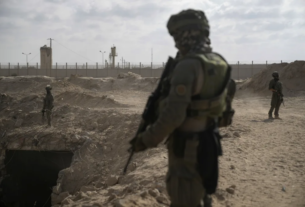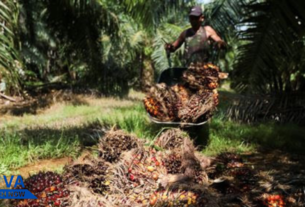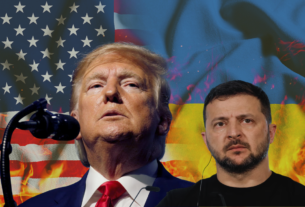Families of Israeli hostages released by Hamas have shared disturbing accounts of their captivity. Parents described how their children were starved, threatened, and physically abused while being held in Gaza. The details emerged as officials continue efforts to secure the release of remaining hostages.
“They were treated like animals,” one father said. He explained that his son lost a significant amount of weight and was denied medical care. Hostages were given minimal food, often just scraps of bread and water.
Many children suffered from malnutrition and illness due to the lack of proper nutrition. Some were kept in underground tunnels with poor ventilation. Others were forced to move frequently to avoid detection by Israeli forces.
Hamas militants used psychological abuse to control the captives. Some hostages were blindfolded for long periods, while others were told they would never see their families again. Parents described how their children were subjected to constant fear and uncertainty.
Mothers of female hostages expressed particular concern about their daughters’ treatment. Some reported cases of mistreatment and intimidation. Survivors have been receiving medical and psychological support since their release.
Israeli officials have condemned Hamas for violating international laws regarding hostages. The government continues negotiations to bring back those still in captivity. Some officials are considering military options if diplomatic efforts fail.
“The world must act,” an Israeli government spokesperson said. He urged international leaders to pressure Hamas into releasing all remaining hostages. Human rights groups have also called for accountability.
The International Committee of the Red Cross has requested access to hostages still held in Gaza. So far, Hamas has denied such requests. The lack of transparency raises concerns about the health and safety of those still in captivity.
Parents of released children have urged the Israeli government to do more. Some have accused officials of moving too slowly in securing hostage releases. Public pressure is mounting for stronger action against Hamas.
The ongoing conflict has complicated negotiations. Hamas has demanded the release of Palestinian prisoners in exchange for hostages. Israeli officials have rejected large-scale prisoner swaps but continue limited negotiations.
Families of the hostages have held protests demanding government action. Many have gathered outside government offices, calling for urgent intervention. The emotional toll on families remains high.
Released hostages have described the extreme isolation they faced. Some were not allowed to speak for days at a time. Others were told their families had abandoned them.
Human rights organizations have condemned the treatment of hostages. Amnesty International has called for an independent investigation into the reported abuse. The United Nations has also expressed concern about the situation.
The Israeli military has increased operations to locate remaining hostages. Intelligence agencies are using satellite images and intercepted communications to track their locations. Rescue missions remain dangerous due to Hamas’s use of human shields.
Efforts to secure further hostage releases remain uncertain. Mediation by Egypt and Qatar has helped in past negotiations. However, Hamas leaders continue to demand terms Israel refuses to meet.
The families of freed hostages remain focused on recovery. Many children require medical treatment for physical and psychological trauma. Therapists and counselors are working to help them rebuild their lives.
The long-term impact of captivity remains unknown. Some freed hostages struggle with nightmares and anxiety. Families say their priority is ensuring their children feel safe again.
The crisis has intensified global discussions on hostage situations. Some experts argue for stronger international laws to protect civilians in conflicts. Others believe military action is necessary to deter future kidnappings.
For now, families of the freed hostages are focused on healing. Their stories highlight the suffering endured by those still held captive. The world continues to watch as efforts to bring them home continue.




